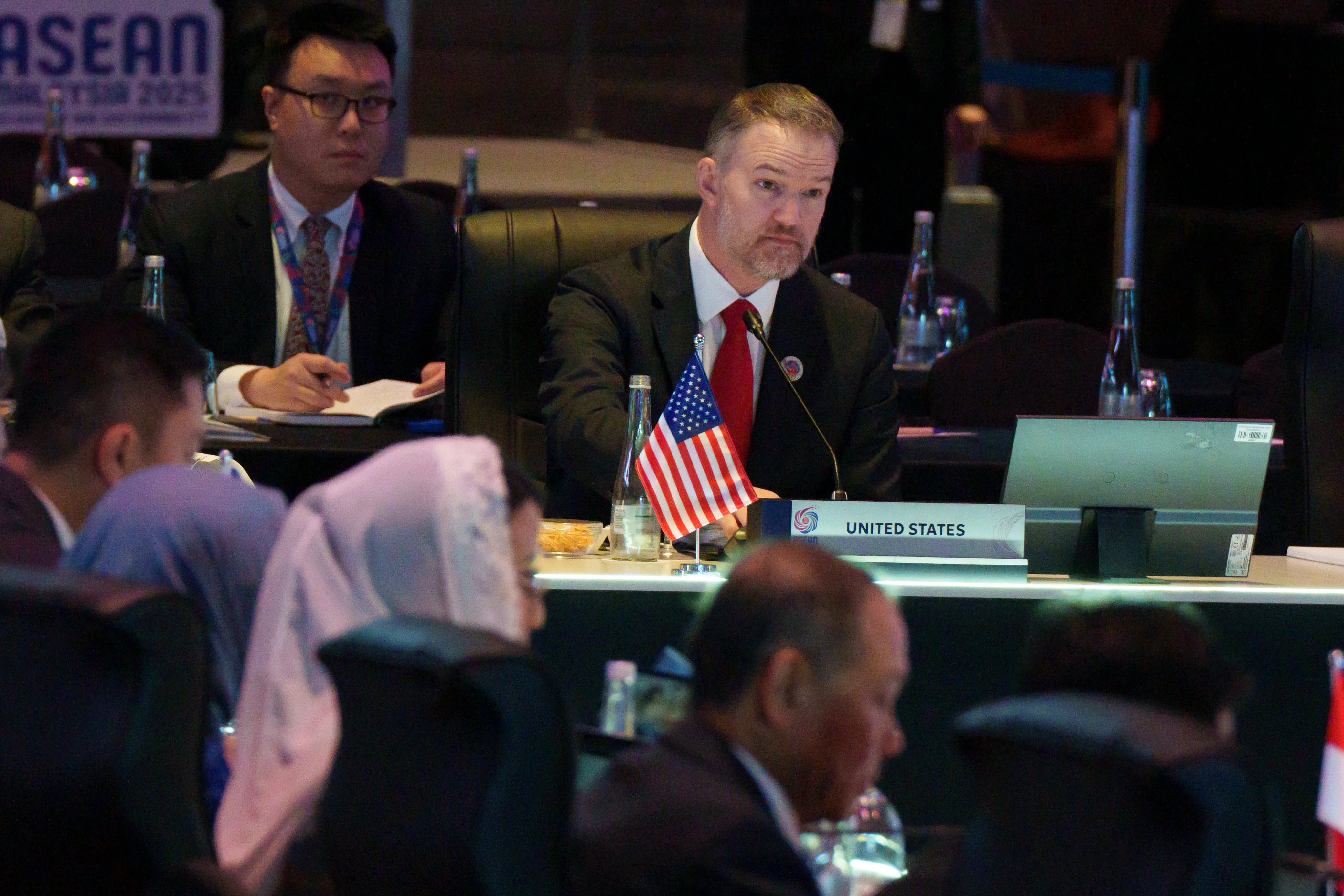By Joseph Sipalan
Copyright scmp

Semiconductor manufacturers in Southeast Asia must shift production to the US or face punitive tariffs, Washington’s top trade official warned on Thursday, saying tariffs “are the solution” if trade talks with regional governments fail to deliver results.
US Trade Representative Jamieson Greer delivered the message in Kuala Lumpur, where he met with ministers from the Association of Southeast Asian Nations (Asean).
Greer’s comments came as members of the regional bloc raced to secure better access to the world’s largest consumer market, after Washington imposed sweeping tariffs of between 10 and 40 per cent on a wide range of regional exports in August.
Washington’s trade envoy acknowledged Southeast Asia’s role as a key hub in the global semiconductor supply chain, but said national security concerns were driving the Trump administration’s consideration of additional sector-specific tariffs targeting chips.
“I think we want to be very careful and very thorough on how we address the international trade situation,” Greer told reporters after a bilateral meeting with Malaysia’s trade minister, Tengku Zafrul Aziz. “We have to have the supply chains back in the United States.”
Three weeks earlier, US President Donald Trump warned that his administration would be “putting a tariff very shortly” on semiconductors made by companies that do not shift production to the US.
While no specific rate or timeline has been confirmed, Trump had earlier floated a 100 per cent tariff on imported chips.
Greer said tariffs were not directly discussed during his meetings with Asean counterparts at the Asean Economic Ministers’ Meeting, but confirmed that the US and the regional bloc were “in the process of negotiating deals” – though he declined to provide details.
“That being said, if we aren’t able to reach agreements, then the tariff solution is the solution,” he said.
In response to Washington’s trade pressure, Asean’s largest economies have offered billions of dollars in concessions – including purchases of US goods such as corn, petroleum products and aircraft – and agreed to grant tariff-free access to a wide range of American exports in exchange for reduced levies.
Malaysia, which holds the rotating Asean chair this year, pledged to spend US$240 billion on US goods and investments as part of its proposed deal with Washington.
Trade Minister Zafrul said both sides were still working to finalise the agreement ahead of President Trump’s highly anticipated visit to Kuala Lumpur for the Asean Summit at the end of October.
“We must try and complete it because I think it’s good for business to have that kind of certainty,” Zafrul told reporters separately.
He said tariffs had not been raised during his talks with Greer, but acknowledged growing concern in Kuala Lumpur about the potential fallout if the US moves ahead with levies on semiconductors.
Malaysia is the world’s sixth-largest chip exporter, contributing roughly 13 per cent of global supply in advanced testing and packaging.
“We don’t know [how badly it will affect Malaysia], because we don’t know what it is. Semiconductors will be a concern,” Zafrul said.
“We need to continue to engage and explain how Malaysian companies, and American companies that are based here, that export to the US actually complement the US ecosystem.”



